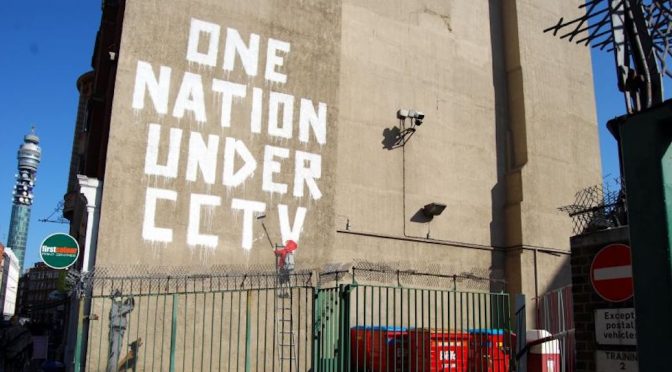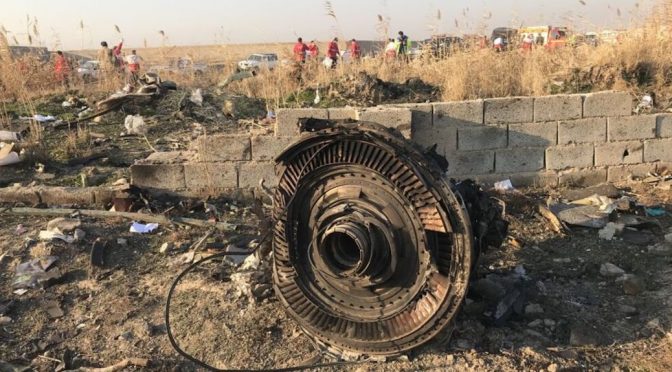Daragh Murray, Pete Fussey, Lorna McGregor, and Maurice Sunkin explore the international human rights law implications of state surveillance. Today, state surveillance involves the large-scale collection and analysis of digital data—activities which allow for widespread monitoring of citizens. And while commentary on the legality of these bulk surveillance regimes has focused on whether this routine… Continue reading Effective Oversight of Large-Scale Surveillance Activities: A Human Rights Perspective
Category: Vol. 11 No. 3
The Role of Transnational Private Actors in Ukraine International Flight 752 Crash in Iran Under Economic Sanctions Pressure
Transnational private actors (TNPAs) conducting business in a sanctioned country may depart from that market when the costs of doing business with a sanctioned state outweigh any potential profit. When TNPAs cease operations in a sanctioned market, their withdrawal can ultimately denigrate the sanctioned country’s economy and bolster the effectiveness of sanctions imposed by the… Continue reading The Role of Transnational Private Actors in Ukraine International Flight 752 Crash in Iran Under Economic Sanctions Pressure


